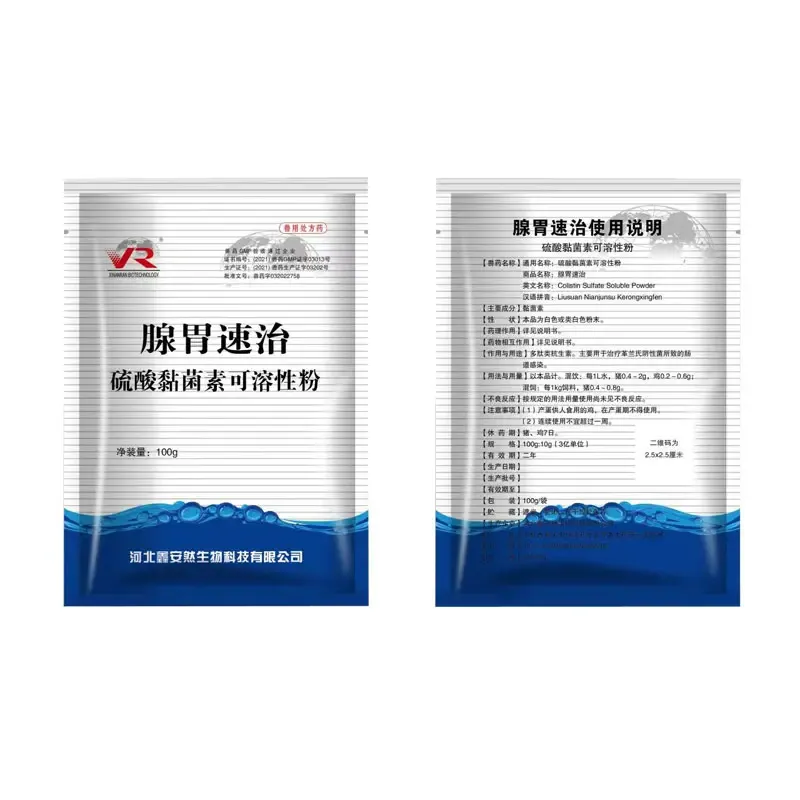- Afrikaans
- Albanian
- Amharic
- Arabic
- Armenian
- Azerbaijani
- Basque
- Belarusian
- Bengali
- Bosnian
- Bulgarian
- Catalan
- Cebuano
- Corsican
- Croatian
- Czech
- Danish
- Dutch
- English
- Esperanto
- Estonian
- Finnish
- French
- Frisian
- Galician
- Georgian
- German
- Greek
- Gujarati
- Haitian Creole
- hausa
- hawaiian
- Hebrew
- Hindi
- Miao
- Hungarian
- Icelandic
- igbo
- Indonesian
- irish
- Italian
- Japanese
- Javanese
- Kannada
- kazakh
- Khmer
- Rwandese
- Korean
- Kurdish
- Kyrgyz
- Lao
- Latin
- Latvian
- Lithuanian
- Luxembourgish
- Macedonian
- Malgashi
- Malay
- Malayalam
- Maltese
- Maori
- Marathi
- Mongolian
- Myanmar
- Nepali
- Norwegian
- Norwegian
- Occitan
- Pashto
- Persian
- Polish
- Portuguese
- Punjabi
- Romanian
- Russian
- Samoan
- Scottish Gaelic
- Serbian
- Sesotho
- Shona
- Sindhi
- Sinhala
- Slovak
- Slovenian
- Somali
- Spanish
- Sundanese
- Swahili
- Swedish
- Tagalog
- Tajik
- Tamil
- Tatar
- Telugu
- Thai
- Turkish
- Turkmen
- Ukrainian
- Urdu
- Uighur
- Uzbek
- Vietnamese
- Welsh
- Bantu
- Yiddish
- Yoruba
- Zulu
7 月 . 20, 2024 10:24 Back to list
Exploring the Benefits and Usage Guidelines of Aldazole Tablets for Effective Treatment
Understanding Aldazole Tablets Uses, Benefits, and Considerations
Aldazole, commonly referred to in the medical community as Albendazole, is an anti-parasitic medication utilized primarily in the treatment of various worm infections. This medication operates by inhibiting the growth and reproduction of parasites, making it an effective choice for managing conditions caused by parasitic infestations.
Mechanism of Action
Aldazole functions by interfering with the energy production of the parasites. Specifically, it inhibits the polymerization of tubulin into microtubules, which are essential components in the cellular structure of these organisms. This disruption leads to the depletion of the parasite's energy stores, effectively immobilizing and killing them. As a result, this drug is commonly prescribed for treating infections such as hydatid disease, neurocysticercosis, and various types of intestinal worms.
Indications for Use
Aldazole tablets are primarily indicated for the following conditions
1. Intestinal Worm Infections It effectively treats several intestinal parasitic infections, including pinworms, roundworms, whipworms, and hookworms. 2. Cestodes Cestode infections such as tapeworms are also treated with Aldazole, helping to clear these more complex and often more severe parasitic infections.
3. Echinococcal Diseases Aldazole is essential in the management of echinococcosis, specifically hydatid cysts, which can occur in various organs, particularly the liver and lungs.
aldazole tab use

4. Neurocysticercosis This condition, caused by the larval stage of the pork tapeworm, can result in severe neurological symptoms. Aldazole is a critical treatment option for this infection.
Dosage and Administration
The standard dosage of Aldazole varies depending on the infection being treated, the patient's age, and overall health. Generally, the medication is taken orally in tablet form, and it can be consumed with or without food. Adhering to the prescribed dosage schedule is crucial to ensuring the efficacy of the treatment while minimizing potential side effects.
Side Effects and Precautions
While Aldazole is generally well-tolerated, some patients may experience side effects. Common adverse effects include nausea, vomiting, abdominal pain, headache, and dizziness. In rare cases, more severe side effects can occur, such as liver toxicity, especially when high doses are administered or used over prolonged periods.
Patients should also inform their healthcare provider of any pre-existing conditions, particularly liver problems, and should avoid using Aldazole during pregnancy unless absolutely necessary, as it may pose risks to fetal development.
Conclusion
Aldazole tablets play a crucial role in the fight against parasitic infections, effectively offering relief from various worm-related diseases. The drug's ability to target and eliminate parasites while maintaining tolerability makes it a valuable asset in both primary care and specialist settings. However, like any medication, it is essential for patients to follow their healthcare provider's directions closely and to stay informed about potential side effects. A comprehensive understanding of Aldazole’s uses, benefits, and precautions can enhance treatment outcomes and contribute to better health management for individuals affected by these infections. Always consult with a healthcare professional before starting or discontinuing any medication.
-
The Power of Radix Isatidis Extract for Your Health and Wellness
NewsOct.29,2024
-
Neomycin Sulfate Soluble Powder: A Versatile Solution for Pet Health
NewsOct.29,2024
-
Lincomycin Hydrochloride Soluble Powder – The Essential Solution
NewsOct.29,2024
-
Garamycin Gentamicin Sulfate for Effective Infection Control
NewsOct.29,2024
-
Doxycycline Hyclate Soluble Powder: Your Antibiotic Needs
NewsOct.29,2024
-
Tilmicosin Premix: The Ultimate Solution for Poultry Health
NewsOct.29,2024













